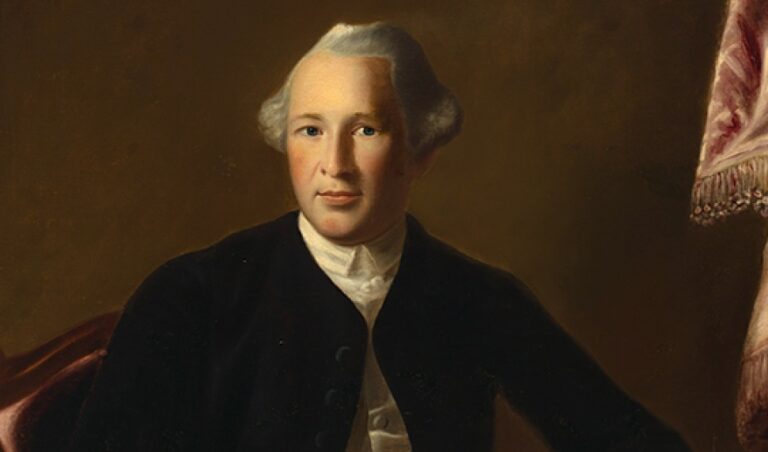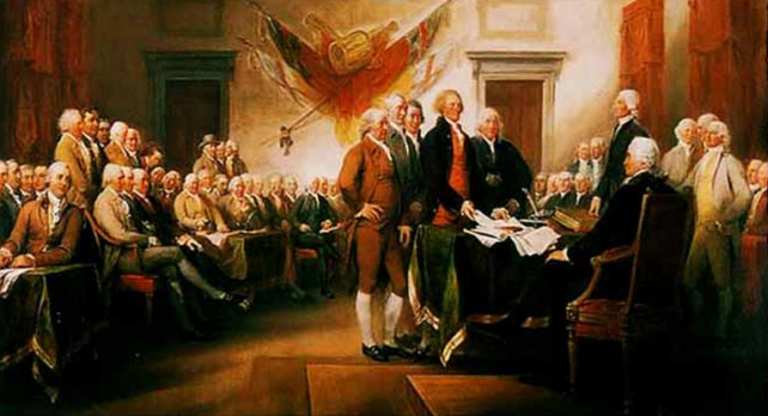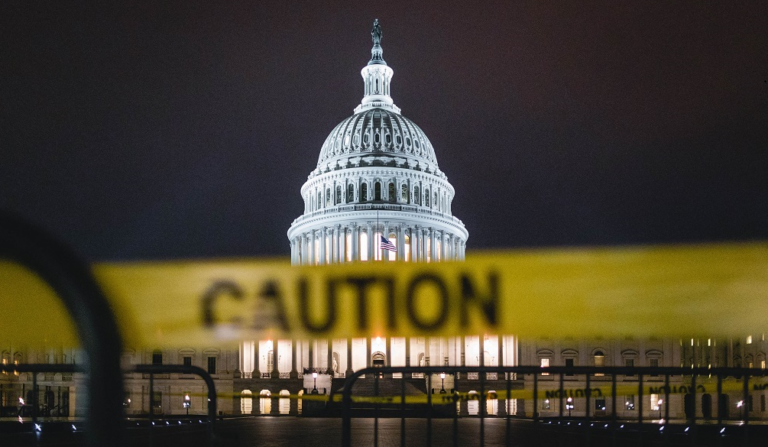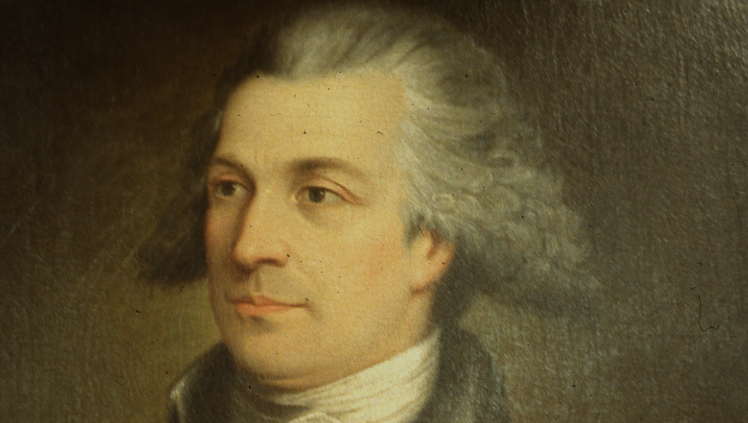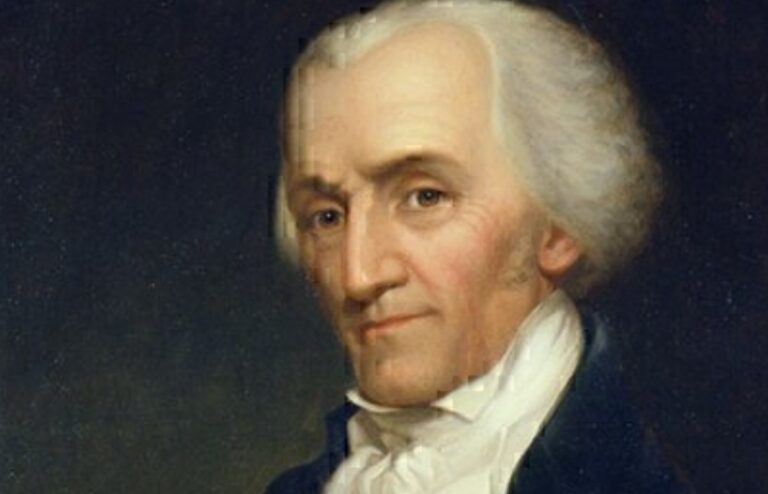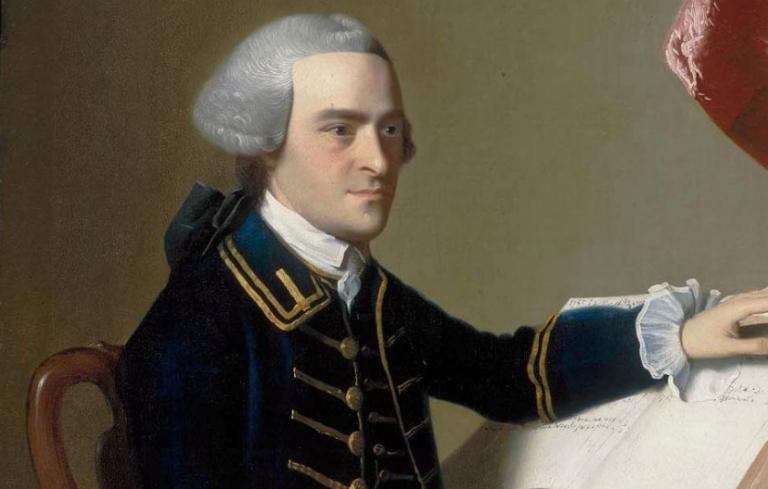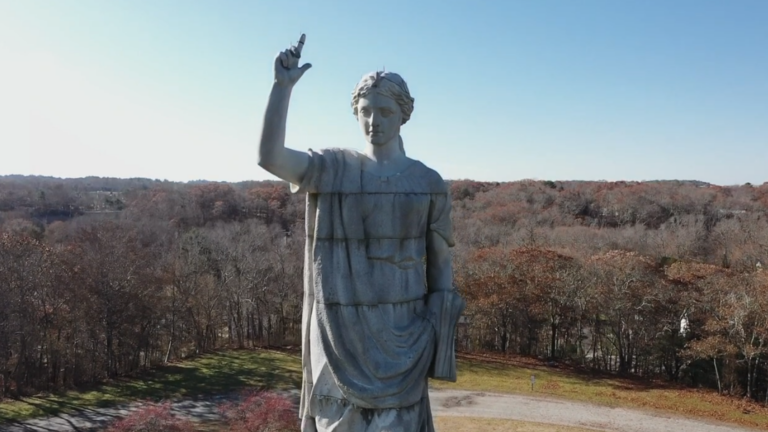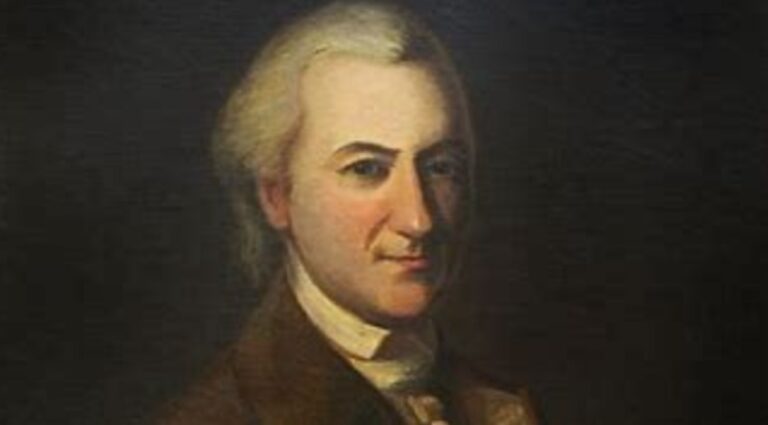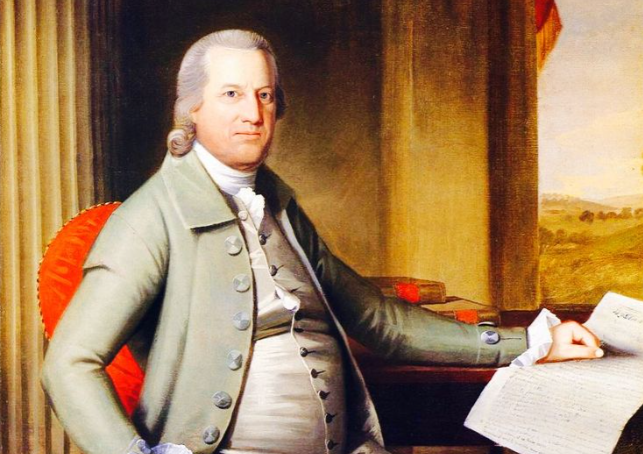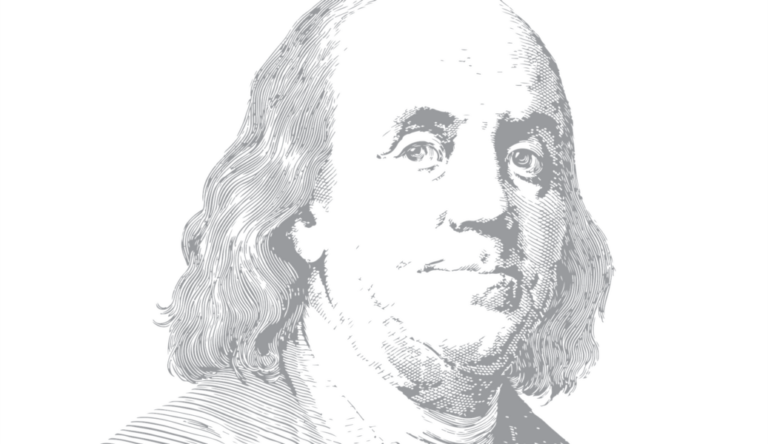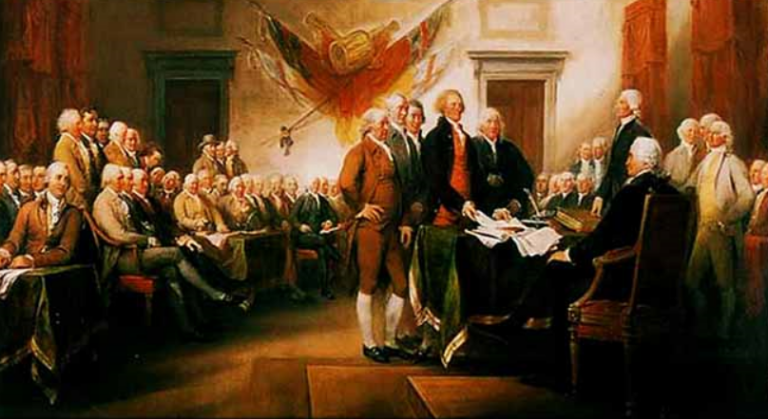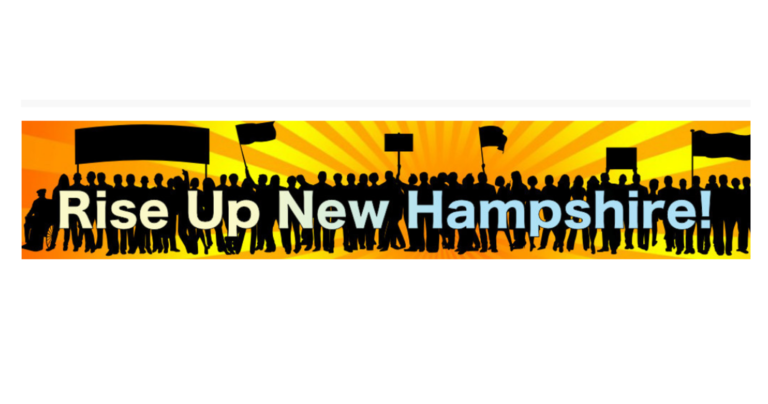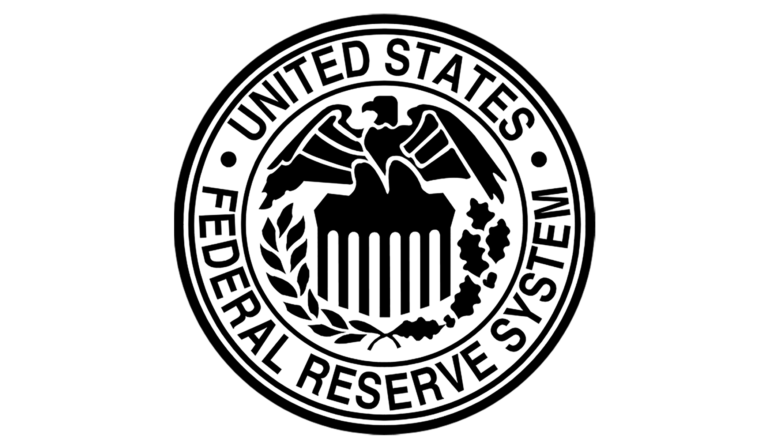Over at Townhall was a piece on a phrase from Obama’s 2nd Inaugural Address (a paeon to Progressivism – once again “repurposing language” to sound as if he agree with the Founding Fathers but absolutely up ending the original intent):
“Preserving our individual liberties,” the President said, “ultimately requires collective action.”
A phrase worthy of the Hobbesian philosophy that Rights are determined solely by Government; that is to say, by the Collective and allocated solely by politics and power. The piece goes through the speech and comments on how “collectivism on steroids” Obama spoke on a number of points in his speech. I did not listen to the speech live nor have I yet read the speech in its entirety but from what I have gathered in reading other commentary, the Founders are not rolling over in their graves but were exhumed by Obama and handled as dissenters in the finest tyrannical fashion (“see that wall?”).
I had my own thoughts on this phrase and how it violated our native political philosophy and instead, is trying to “fundamentally transform” what has been our heritage into something more Marxist / Socialistic. While it is true that the Founders agreed on the notion of “we must all hang together or we will all hang separately”, they were fighting to standalone and apart from a tyrannical Government that made decisions for all apart from their input. After all, that is the history of Mankind – evil people wishing to either hang on to or gather power into themselves. For politicians, in most cases (and certainly almost all on the Left) crave power and control far more than the “capitalists” they disdain and castigate for being greedy for mere money.
My thoughts (such as they are):
- No, my Individual Freedom does not depend on collective action. It does, however, require a belief in something bigger than self, and bigger than mere govt. It requires that our Rights come from God, and proceeding with that premise in all that is done politically. It requires that there is an accountability that goes beyond the Laws of the land, and the regulations they promulgate. It requires an internally based governor that says “Thou shalt not cross this line”; something that Progressives fail to observe.
Read more
